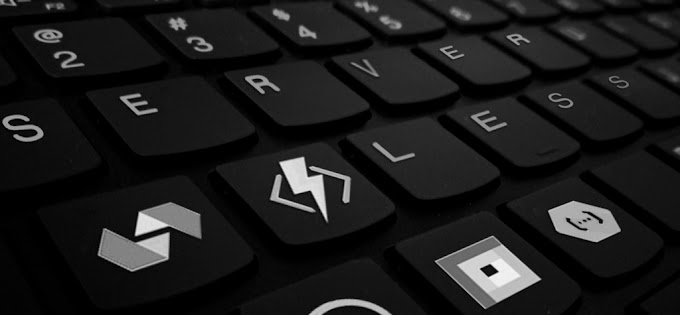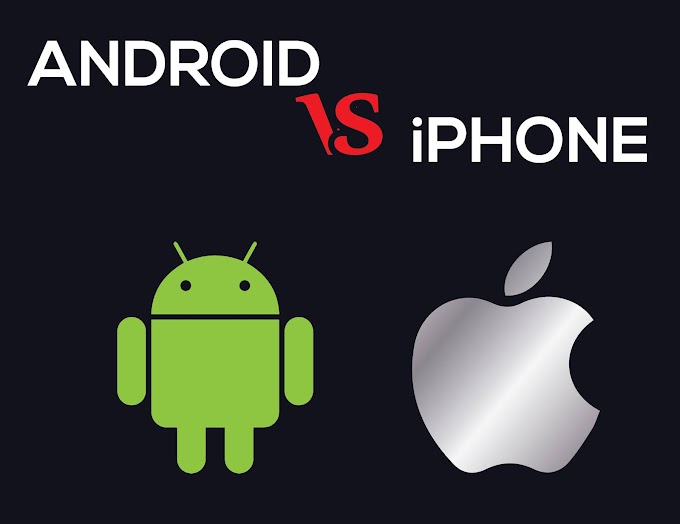The application of blockchain technology in foreign basic education
In recent years, block-chain technology has received widespread attention due to its characteristics of distribution, security, reliability, and data integrity. There have also been some new developments in the application of block-chain technology in the field of basic education. Its application in credit certification, certificate management, digital education resources, learner ability and learning achievement management, industry-university cooperation, etc. has become a research in some countries. Hot spots and practical tools, but the challenges in practice are still worthy of attention. Therefore, the systematic study of "block-chain and basic education" has important value and significance.
Blockchain has many technical advantages
Block-chain may be a new application mode of computer technology such as distributed data storage, point-to-point transmission, consensus mechanism, and encryption algorithm. The name of the block-chain comes from its structure. In the block-chain, each electronic record is saved in the form of data blocks and connected by a single line in the form of a chain. Every transaction that you want to add to the block-chain needs to be confirmed by many computer terminals on the Internet, otherwise it will not be able to join.
In essence, the block-chain is a growing decentralized database stored in the Internet space. In this database, there is a series of "data blocks" (i-e, "blocks") that are related to each other using cryptographic methods. Each "data block" contains a set of information, which can be used to verify the validity of its information and generate the next "data block". In addition, the data block also contains the encryption information of the previous "data block" and its own encryption information. Block-chain has technical advantages such as credibility, transparency, traceability, resistance to tampering, and relative security. The block-chain technology in the management of the waiting list of kindergartens to solve the problems of inaccurate and malicious tampering of relevant data, and to provide children with a fair chance to enter school. The block-chain-driven database allows parents to choose kindergartens based on school ratings and educational programs.
Educational institutions will generate a lot of data in the process of operation, such as student status and file changes, course selection and withdrawal, attendance check-in and results, experimental practice, participation in sports activities and records of entering and leaving various places in the school, etc. These are very important to students, faculty and staff, and schools. They are the objective basis for all parties to obtain the protection of their legitimate rights and interests. Once these data are tampered with or even destroyed, the legitimate rights and interests of students, faculty, and schools may be harmed. The introduction of block-chain technology will help to preserve the relevant data in a complete and true manner. Many people in the American education circles believe that because of its unique technological advantages, block-chain can be used to store various related data at the basic education stage, including students' academic performance and teachers' professional development. And the students here not only refer to the students who receive school education, but also cover those who are "homeschooling" students.
In addition, on the one hand, this reflects the response of educational institutions to the development of "cryptocurrency" and block-chain. On the other hand, it also allows students and parents to choose from more diverse payment method. In addition, some Canadian and Australian high school students have received block-chain technology training and participated in related programming competitions.
Need to pay attention to some important issues
We also need to pay attention to some important issues, such as privacy protection and security breaches. With the widespread use of block-chain technology in information recording, relevant institutions will need to take seriously the risks of student privacy and data leakage, especially when parents want children's privacy and data to be particularly strictly protected. At present, the smart contract of the block-chain is still in its infancy. If there is a loophole, it will be easily attacked and bring major risks. Although privacy protection and security vulnerabilities are hot topics in block-chain research and application. But related technical means still need to be further improved.





